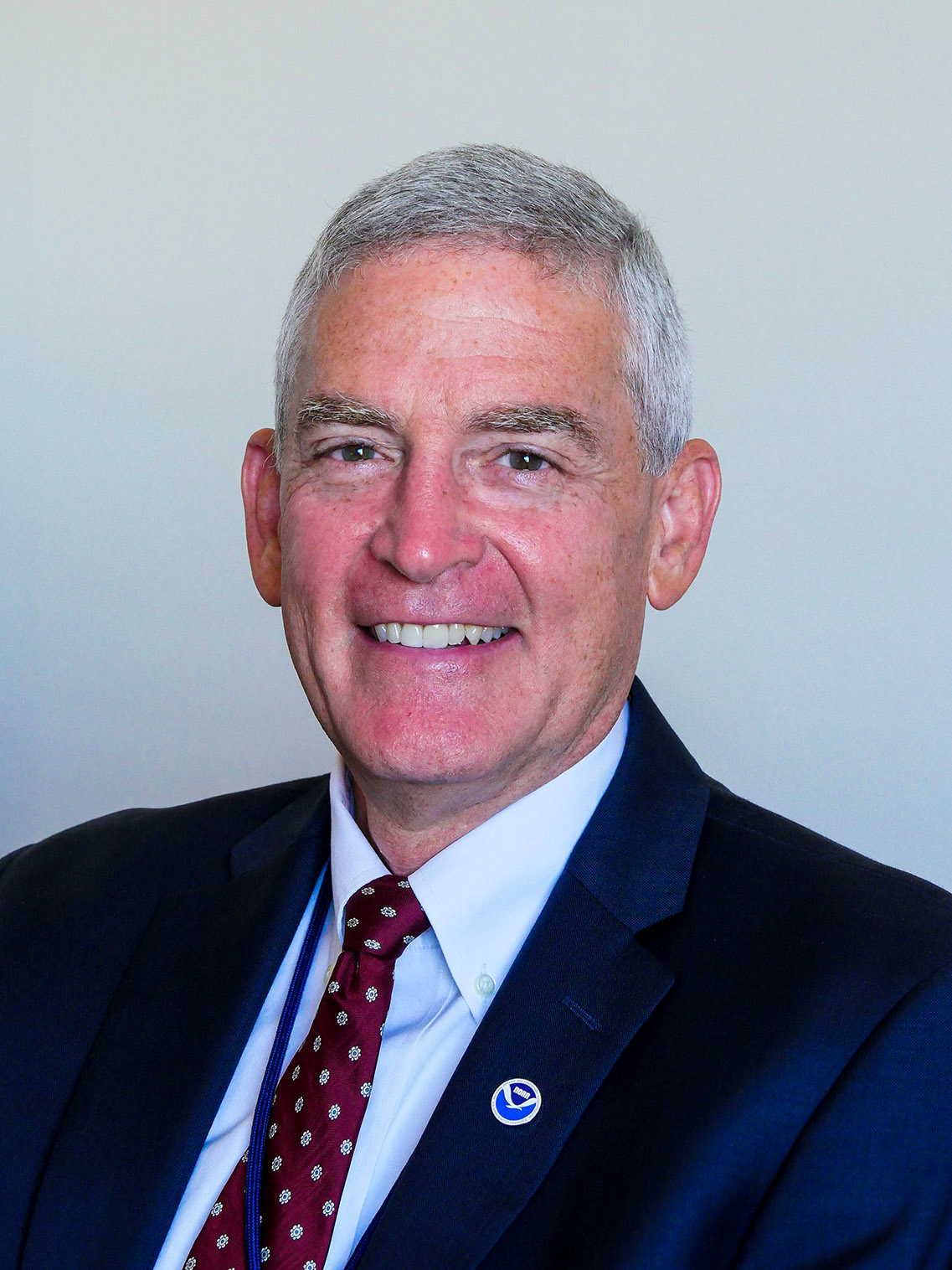
Model Development Priorities at EMC
This event has passed. See the seminar recording here:
Dr. Brian Gross
Director, NWS/NCEP/Environmental Modeling Center
Monday October 23, 2023, 2 PM ET
Hybrid (In-Person & Virtual):
This seminar will be held at room 4102 of ESSIC, 5825 University Research Ct. College Park, MD 20740. In-person attendance is welcome with refreshment provided. Zoom is also provided for virtual participants.
Abstract:
NOAA and the National Weather Service (NWS) have adopted a strategy of community engagement for developing the numerical weather prediction models that provide NWS forecasters with the best possible guidance. By engaging the broader numerical modeling community, NWS has begun leveraging the vast modeling expertise that resides therein, since each model developer offers a unique perspective about modeling challenges and possible solutions.
The goal of this community effort is to simplify NCEP’s operational applications by using a national unified Earth system modeling capability for operations and research, to the mutual benefit of both. The Unified Forecasting System (UFS) functions on temporal scales from seasonal to sub-seasonal (S2S) on the order of months, down to short-term sub-hourly weather analysis and prediction. The UFS also works across spatial scales, from global-scale predictions down to high-resolution, convection-resolving local/regional scales.
Important progress has been made toward this goal. An upgrade to the UFS-based GFS (v16) was implemented operationally in November, 2022. A brand new Hurricane Analysis and Forecast System (HAFS) was implemented in June 2023 for use in the 2023 hurricane season. Additional upgrades continue the alignment with the UFS. A more detailed description of EMC implementations based on the UFS and plans for future implementations will be presented in the seminar.
EMC is excited at the prospect of leveraging the modeling expertise in the numerical modeling community to improve NOAA guidance, forecasts, and other products and services. Better predictions can come from better models, and better models can come from the assembled intellectual might of the entire modeling community.
Biosketch:
Brian Gross has been the Director of the Environmental Modeling Center at the National Weather Service since 2018. Previously, he was the Deputy Director of NOAA’s High Performance Computing and Communications office in NOAA’s Office of the Chief Information Officer. Prior to that, Dr. Gross was the Deputy Director of NOAA’s Geophysical Fluid Dynamics Laboratory for 13 years. He has also served as head of GFDL’s software development group and as a research scientist there, modeling weather and climate with an emphasis on storm tracks. Before joining GFDL, Brian earned a doctorate in atmospheric science from the University of Colorado and was a Research Associate at NASA’s Goddard Space Flight Center, then a Visiting Scientist in Princeton University’s Program in Atmospheric and Oceanic Sciences.
Hybrid (In-Person & Virtual):
This is a hybrid (in-person & virtual) seminar with refreshments served at Rm 4102, 5825 University Ct, MD
Event site: https://go.umd.edu/gross
Zoom Webinar: https://go.umd.edu/grosswebinar
Zoom Meeting ID: 967 4678 7461
Zoom password: essic
US Toll: +13017158592
Global call-in numbers: https://umd.zoom.us/u/aMElEpvNu
For IT assistance:
Cazzy Medley: cazzy@umd.edu
Resources:
Seminar schedule & archive: https://go.umd.edu/essicseminar
Seminar Google calendar: https://go.umd.edu/essicseminarcalendar
Seminar recordings on Youtube: https://www.youtube.com/user/ESSICUMD

